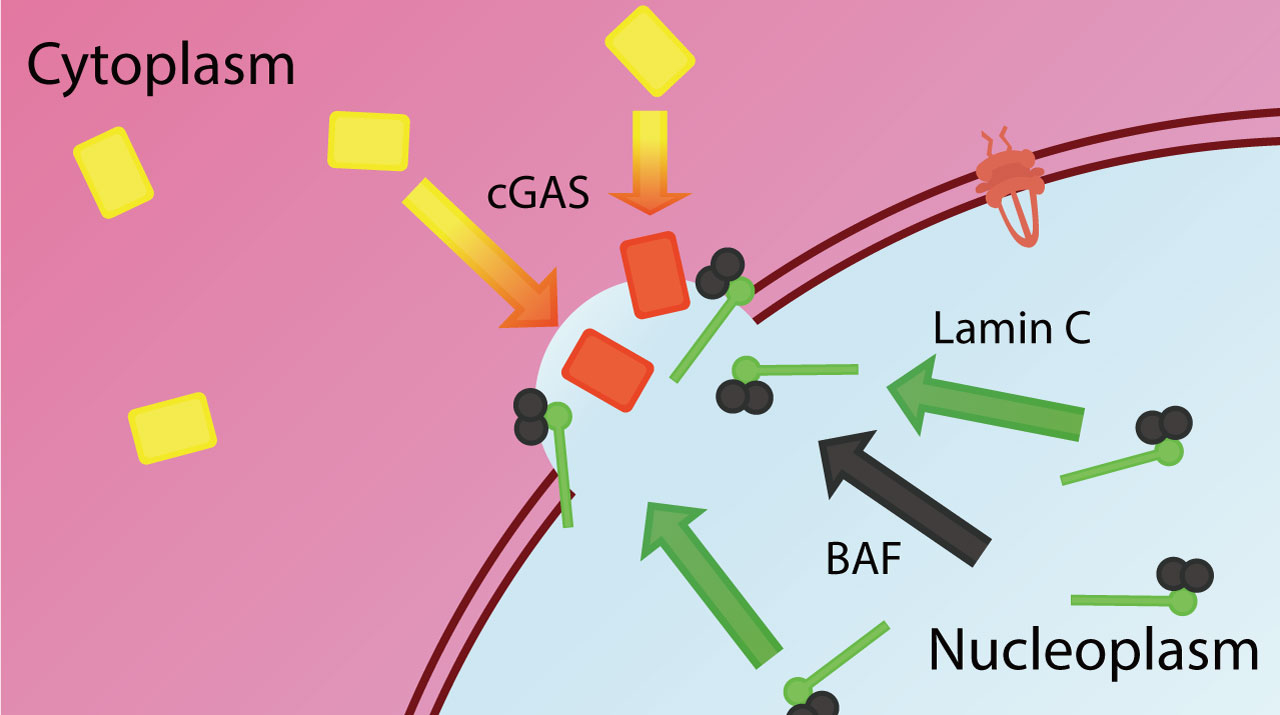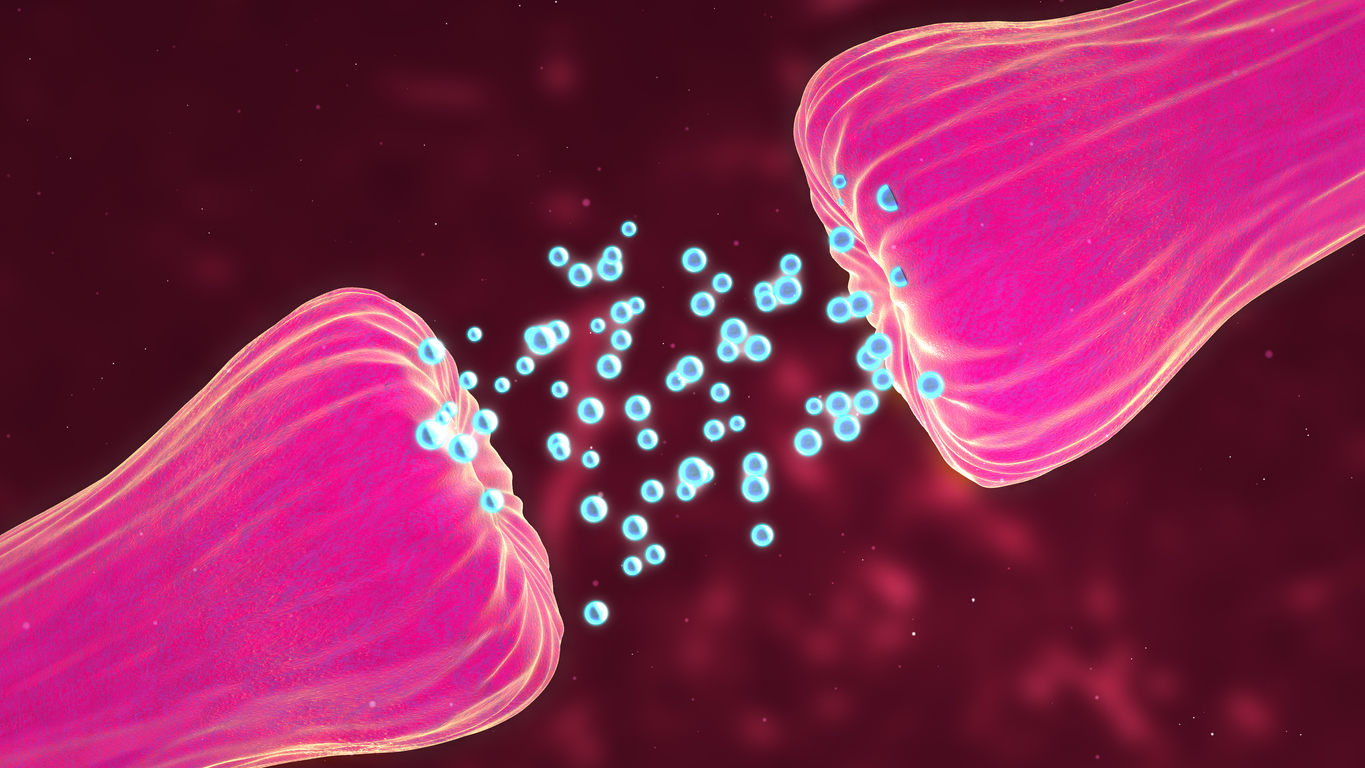When psilocybin, a hallucinogenic chemical found in some mushrooms, is taken, it causes a condition of altered awareness. While compared to other psychoactive medications, the chemical is generally benign, it can produce anxiety, paranoia, and panic attacks in some people. Some users have also complained that consuming it has had long-term harmful impacts on their mental health. Concerns have also been raised concerning the likelihood that panic attacks impair judgement over a lengthy period of time, perhaps leading to unsafe behaviour or accidents.
Scientific research suggests that these “magic mushrooms” may have therapeutic effects on mental health, and the substance has received favourable news coverage. More research is needed, according to the experts, to influence public policy and establish safety safeguards for psychedelic medications.
Psychedelic usage is increasing in the general population as a result of growing research and public interest in their medical potential according to Emma Kopra, a PhD student at King’s College London and one of the study’s authors. Gathering balanced information about their safety profile is critical given the polarised perspectives between recent positive media reports on psychedelics’ mental health benefits and the legacy of the ‘War on Drugs,’ specifically misinformation about psychedelics’ dangers and public policy that is focused on criminalising users rather than harm reduction.
Current Study.
Previous research indicates that psilocybin-containing mushrooms are generally harmless, especially in terms of physiological toxicity, the scientists argued. However, there is a scarcity of scholarly research on the occurrence and nature of deleterious effects.
The researchers looked into the frequency of psilocybin-related unfavourable outcomes that prompted the usage of emergency medical services (EMT). The researchers wanted to see if there were any predictors of these bad incidents. Kopra and her colleagues looked at survey responses from the 2017 Global Drug Poll, a large international study of drug users, with a particular focus on those who reported they had eaten magic mushrooms in the previous year.
Those who had recently ingested magic mushrooms were questioned if they had sought medical assistance as a result of their use. According to the data, 19 (0.2%) of the 9,233 respondents who responded to the question about requiring emergency medical attention actually did so. Unlike first-time use, neither previous-year frequency of use nor first-time use were revealed to be significant predictors of EMT service request.
The majority of those who required EMT assistance stated that they had mental health problems. Eighty-eight percent of respondents said they were frightened or panicked, and another eighty-eight percent said they were suspicious or paranoid. Eighty-eight percent of those polled claimed to have saw or heard something (42 percent). Despite some alarming body reactions, 37 percent of participants said they passed out or were unconscious, 32 percent said they had breathing problems, and 26 percent said they had seizures. Eight of the persons who requested EMT were sent to the hospital, and all but one of them said they felt better within a day or two.
Along with the magic mushrooms, the vast majority of EMT seekers ingested other substances, with 37 percent reporting to have used cannabis and 32 percent claiming to have consumed alcohol. The most prevalent causes of a negative meeting, according to respondents, were being in the wrong frame of mind (47 percent), being in the wrong place (37 percent), and mixing several substances (12 percent).
According to Kopra, while no substance is fully risk-free, psilocybin mushrooms have a favourable safety profile when compared to the majority of recreationally used substances, as indicated by the low percentage of people in our sample who required emergency medical attention.
The vast majority of adverse reactions, according to the findings, were psychological in character and, more crucially, were reported to be of short duration. Certain precautions, such as maintaining the suitable mental and physical surroundings (‘setting’), as well as avoiding substance mixing, may assist to lessen the chance of negative reactions to these experiences. Even when psychedelics are used with caution, unpleasant reactions can occur, whether because of their complex and profound psychological effects or because they are impossible to forecast with high certainty.”
Limitations
There were a few key faults in the study. The sample may have been skewed in one direction because respondents freely opted to participate in the poll. Due to the rarity of EMT seeking episodes, there is insufficient data to develop predictors, making them challenging to design. However, because adverse reactions are infrequent, a large sample size would be required to collect additional data.
The sample isn’t representative of the general public and survey advertising may only target and attract a specific demographic or type of responder. Memory biases or deliberate attempts to distort survey findings, both of which are widespread, might affect self-reported responses. Due to the small number of patients who sought emergency medical treatment and the presence of some unmeasured characteristics, such as current psychiatric drugs, they were unable to uncover potential predictors of unpleasant experiences.
To better comprehend these expectations and the particular variables that explain unfavourable reactions, more research is needed. More specific safety precautions and harm-reduction guidance will be possible as a result.
Conclusion.
Significant adverse responses to magic mushrooms, according to the study’s authors, are extremely rare and usually only last a short time. What motivated some respondents to report suffering serious health symptoms like fainting or seizures is yet unknown.
More than a third of those who sought medical help believed their symptoms were caused by a combination of circumstances, according to the study. Pre-existing diseases, combinations with other medicines or prescriptions, and intake of poisonous mushrooms all played a part..
Psilocybin is being researched in clinical studies for a range of mental health issues all around the world, according to Dr. Kopra, including in his own department. The authors feel that a distinction should be established between the use of psilocybin in clinical or research settings and the recreational use of magic mushrooms, which have some similarities but differ in terms of safety and risk.
Story Source: Original story written by Beth Ellwood at PsyPost. Note: Content may be edited for style and length.
Reference
Kopra, E. I., Ferris, J. A., Winstock, A. R., Young, A. H., & Rucker, J. J. (2022). Adverse experiences resulting in emergency medical treatment seeking following the use of magic mushrooms. Journal of psychopharmacology (Oxford, England), 2698811221084063. Advance online publication. https://doi.org/10.1177/02698811221084063






